Understanding the UAE Business Environment: Opportunities and Challenges
The United Arab Emirates (UAE) has established itself as a leading global business hub, thanks to its strategic location, robust infrastructure, and progressive regulatory landscape. For companies looking to expand into the Middle East and the GCC, understanding the intricacies of the UAE business environment is essential.
Regulatory Landscape
The regulatory environment in the United Arab Emirates is one of its most alluring aspects. The government has implemented a series of reforms to foster a business-friendly climate. The introduction of the UAE Commercial Companies Law, which allows 100% foreign ownership in most sectors, has been a game-changer. This law has significantly reduced the barriers to entry for foreign investors, making it easier for them to establish and operate businesses in the country.
Additionally, the UAE’s numerous free zones offer attractive incentives, such as tax exemptions, full repatriation of profits, and streamlined business setup processes. Each free zone is tailored to specific industries, such as technology, healthcare, and logistics, providing specialized support and infrastructure to businesses operating within those sectors.
The regulatory landscape is further bolstered by the UAE’s commitment to international standards and practices. The country has signed numerous bilateral trade agreements and is a member of various international organizations, ensuring that its regulatory framework is aligned with global best practices.
Market Opportunities
The UAE business environment is ripe with market opportunities across various sectors. The government’s diversification strategy, outlined in the UAE Vision 2021 and the UAE Centennial 2071 plans, aims to reduce the country’s reliance on oil and develop other sectors such as tourism, finance, real estate, and technology.

Tourism is one of the most promising sectors, with the UAE attracting millions of visitors each year. The development of world-class attractions, such as the Burj Khalifa, the Louvre Abu Dhabi, and the Expo 2020 Dubai site, has bolstered the country’s tourism appeal. Significant investments are being made in the tourism sector, which are expected to drive further growth.
There is also a lot of promise in the technology sector. Through programs like Smart Dubai and the Abu Dhabi Vision 2030, which concentrate on digital transformation and the development of smart cities, the UAE has established itself as a regional leader in technology and innovation. Microsoft’s recent $1.5 billion investment in G42, Abu Dhabi’s leading AI Research company, highlights the UAE’s determination to become a major player in the global tech industry.
Challenges for Businesses
While the UAE business environment offers numerous advantages, businesses must also navigate certain challenges. One of the primary challenges is the high cost of living and operating expenses. Rent, utilities, and salaries can be significantly higher in the UAE compared to other regions, impacting the overall cost structure of businesses.
Cultural differences and regulatory compliance can also pose challenges for foreign businesses. Understanding local customs, business etiquette, and legal requirements is crucial for success in the UAE. Companies must invest in cultural training and legal expertise to ensure smooth operations and compliance with local regulations.
In addition, there are numerous regional and international firms fighting for market share in the UAE, creating a fiercely competitive environment. For businesses to thrive in this fiercely competitive environment, they must set themselves apart through innovation, quality, and customer service.
Conclusion
The UAE business environment presents a wealth of opportunities for businesses looking to expand into the Middle East. Its favorable regulatory landscape, diverse market opportunities, and strategic initiatives make it an attractive destination for investment. However, businesses must also be prepared to navigate the challenges of high operating costs, cultural differences, and intense competition. By understanding and adapting to these dynamics, companies can successfully tap into the potential of the UAE market.

